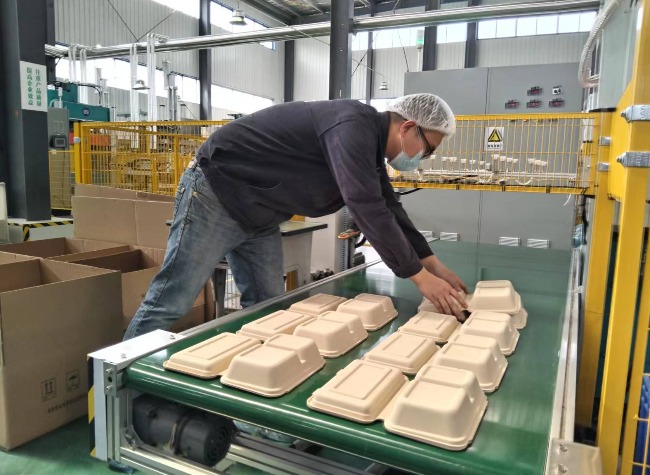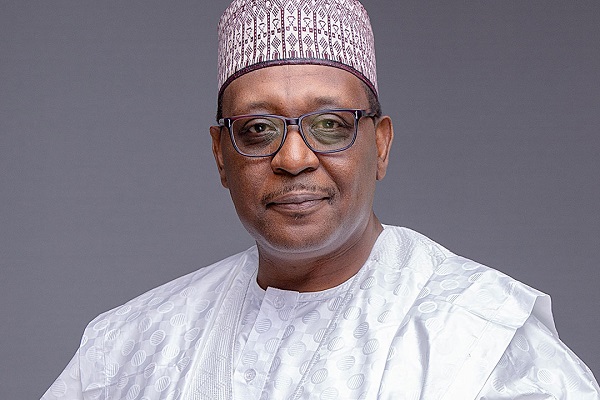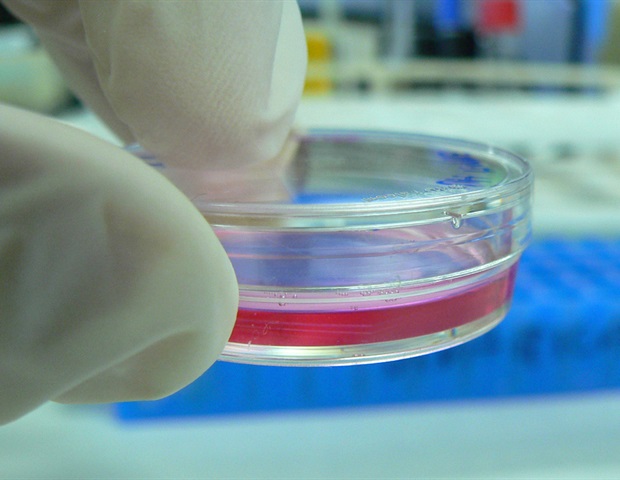Chongqing Integrates Zero-Waste Practices into Education, Healthcare, and Hospitality

Chongqing – Southwest China’s Chongqing has established over 2500 Zero-Waste City Cells, integrating waste-reduction practices into education, healthcare, hospitality, and more, as the Chongqing Ecology and Environment Bureau announced on July 25.
One exemplary model is Chongqing Ruizhu Plant Fiber Products Co., Ltd. in Zhong County, which uses bamboo instead of plastic to make disposable cups. These chemical-free, biodegradable products can be recycled into fertilizers, significantly reducing carbon dioxide emissions.

Chongqing Ruizhu Plant Fiber Products Co., Ltd. staff member is packaging lunch boxes made from bamboo fiber. (Photo/Chongqing Ecology And Environment Bureau)
Chongqing has introduced a Zero-Waste City index system, second only to Zhejiang in China. This system includes 15 indicators across seven categories, such as industry, agriculture, and construction, measuring waste management efficiency from industrial solid waste to agricultural by-products.
The city has reported a 76.77% comprehensive utilization rate of general industrial solid waste, far exceeding the national average. Urban household waste classification and harmless treatment both have 100% coverage. In 2023, agriculture in Chongqing achieved a 91.44% utilization rate for crop straw and a 94.1% recycling rate for discarded agricultural films.
Chongqing and Sichuan have collaboratively built a Zero-Waste City across provincial boundaries. A notable initiative is the targeted utilization of hazardous waste, exempting it from certain management protocols and allowing its repurposing as raw materials for environmental treatment or industrial production without comprehensive hazardous waste management licenses, streamlining operations and boosting efficiency.
Lu Douchang, spokesperson for Chongqing Municipal Housing and Urban-Rural Development Commission, highlighted that 2023 Chongqing achieved a 98.43% harmless disposal rate for urban living sludge. The city increased its disposal capacity to 7,665 tons per day by building new facilities like the Luohuang sludge disposal center.

The Shihuishi Fresh Market, a Zero-waste City Cell, is located in Yuzhong District, Chongqing. (Photo/Chongqing Ecology And Environment Bureau)
Chongqing is actively advancing waste-free site construction and green building practices. Lu added that this includes new construction methods and the intensive use of construction materials, coupled with stringent waste management at construction sites.
The city has strongly promoted green factories and industrial parks, now boasting 400 green factories and 33 green industrial parks. Annual energy-saving diagnoses and green production assessments for over 300 enterprises have revealed significant resource-saving and pollution reduction potential.
BOE Optoelectronics Technology Co., Ltd., in Chongqing Liangjiang New Area, has transformed part of its production line to recycle 10,000 cubic meters of water daily. It also regenerates and recycles over 8,000 tons of waste-stripping liquid annually, saving 16 million yuan (USD 2.2 million) in hazardous waste disposal costs.
Digitek Chongqing Ltd. has achieved a 99% recycling rate for industrial solid waste and a 74% increase in production efficiency, earning “Green Supply Chain” and Green Factory titles from the Ministry of Industry and Information Technology.
link







